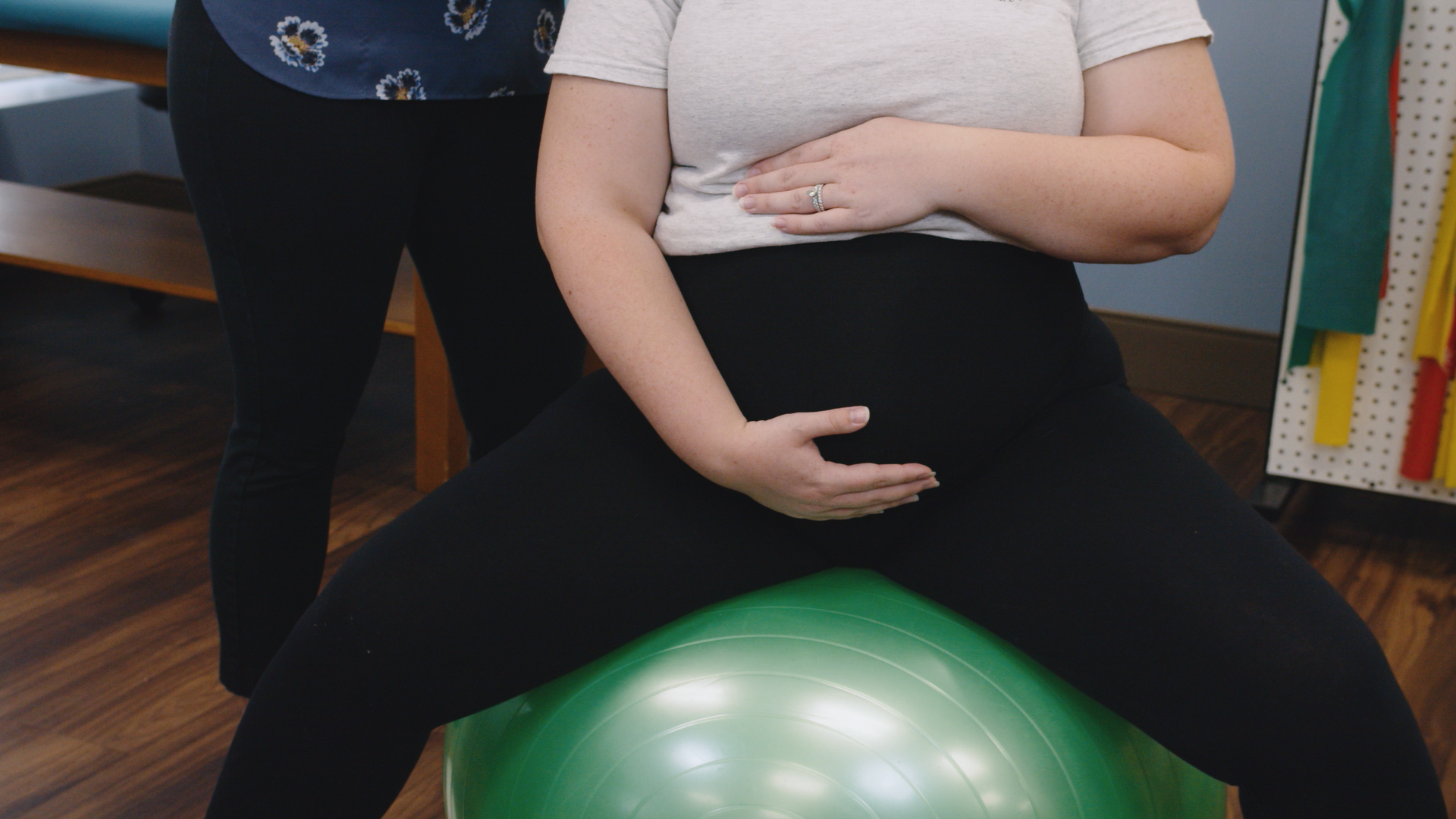What is Pre and Post-Pregnancy Physical Therapy?
You’re pregnant. As your baby grows, your body will experience many changes to support your developing baby. These changes can be uncomfortable and even at times painful. Aquacare is here to help! That’s why we have specialized physical therapists that are uniquely trained in pregnancy and postpartum care to help you achieve your goals to help you enjoy your adventure into motherhood.
Hormonal changes that loosen joints and ligaments, weight gain, and posture changes during pregnancy can lead to the following gynecologic or pregnancy issues:
- Pregnancy joint/muscle pain.
- Pregnancy-induced sciatica.
- Posture and balance challenges.
- Incontinence.
- Urgency/frequency of urination.
- Pelvic pain complaints after pregnancy.

How Can Physical Therapy Help Me in My Pregnancy and Postpartum Health Journey?
Going to a physical therapist after pregnancy and childbirth isn’t standardized care in America, but it absolutely should be. Our Pelvic floor physical therapists are well-positioned to bridge the gap between pregnancy and getting your body back to feeling normal. However, patient access to post-partum physical therapy is often limited as referring providers may not consider pelvic floor therapy, or it was simply left to the patient to find her own answers for her postpartum issues.
Physical therapy can help restore muscle function after the nine-month “athletic event” of pregnancy and childbirth. In some post-pregnancy women, muscles have become so weakened over-worked, or damaged, they may need to be re-trained to function. Physical therapists are trained to restore muscle function and can help treat such “4th-trimester “ issues such as separation as overly separated abdominal muscles or pelvic floor disorders.
What Can I Expect From Pregnancy and Post-Partum Physical Therapy?
Our physical therapists provide:
- Post-surgical care and follow up after delivery.
- Rehabilitation after a c-section.
- Exercises to reduce pain and strengthen muscles and flexibility.
- Recommendations for sleep positions and modification of daily activities.
- Surface EMG biofeedback.
- One-on-one therapy throughout treatment.
- Treatment for urinary incontinence, pain with intercourse, or organ prolapse.
- Collaborative, team approach to care.

